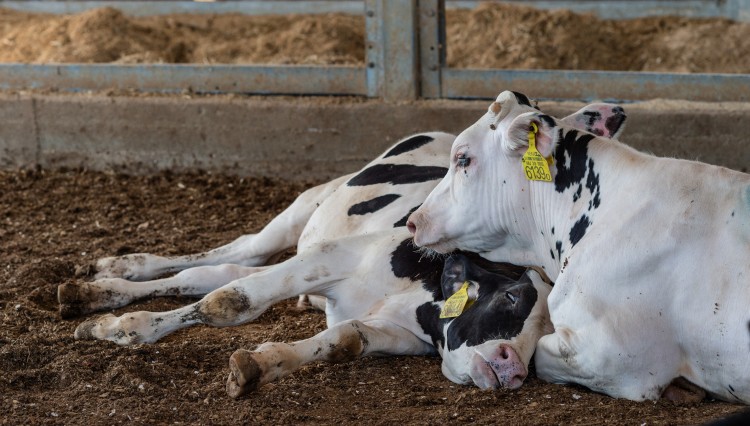Originally published by Tenderly on Medium.
Let’s get to the meat of Burger King’s new singalong: the absurd stunt of announcing a diet change for “some” of your cows isn’t a sudden departure from the company’s dismal environmental record. It’s a thinly veiled marketing campaign to help the burger giant to get back to what it does best, without further ado: peddling Whoppers.
Burger King and the company’s peers have fed Americans harmful defaults through kid-friendly motifs for decades. But the pandemic has revealed that our old habits — like eating from factory farms that serve as hotbeds for disease and fuel climate change — won’t make for a secure future. In response, we’re now, finally, witnessing the biggest decline in meat consumption in decades.
As Americans’ appetite for beef sours, Burger King could champion a new normal by centering the Impossible Whopper on its menu and sidelining the beef. One study found that such a strategy—simply making veggies the default on menus — reduced meat consumption by over 80 percent. This is because the way food is presented plays a huge role in our food choices. Putting plant protein front and center reshapes what we think of as a “normal” meal and nudges us to choose delicious, more sustainable options. When vegetables are “in,” we’ll gobble them up.
It’s no secret — as even Burger King admits — that beef hurts the planet. For every 100 calories of grain, only three calories of beef are produced. And every pound of beef requires anywhere from 2,000 to 8,000 gallons of water, according to researchers at UC Davis, while the equivalent amount of tofu only needs about 300 gallons. Animals raised for food also produce up to nine times more waste than do humans, which often seeps into streams and rivers, further harming habitats.
A plants-by-default approach, on the other hand, can curb food-related greenhouse gas emissions by 60 percent. Imagine how many cow farts would be spared not by feeding cows lemongrass in a handful of states, but by millions opting out of beef altogether.
Ultimately, conscientious consumers will see BK’s new commercial for what it is: greenwashing to sell more burgers — and churn out more greenhouse gases. And they won’t wait around for the burger giant to get the hint. National Geographic recently reported that almost half of millennials have been going meatless more often, and sustainable plant proteins are flying off the shelves. Dozens of institutions, including Climate Nexus, Phipps Conservatory, and the American Lung Association, are following consumers’ lead and paving the way for a safer and more secure food system by headlining veggies on their menus.
With or without fast food, Americans are ready to usher in a more sustainable default: plant protein.
Laura Lee Cascada has a master’s degree in environmental policy from Johns Hopkins University and is the Campaigns Director at the Better Food Foundation.
(Photo: Jo-Anne McArthur / Israel Against Live Shipments)
